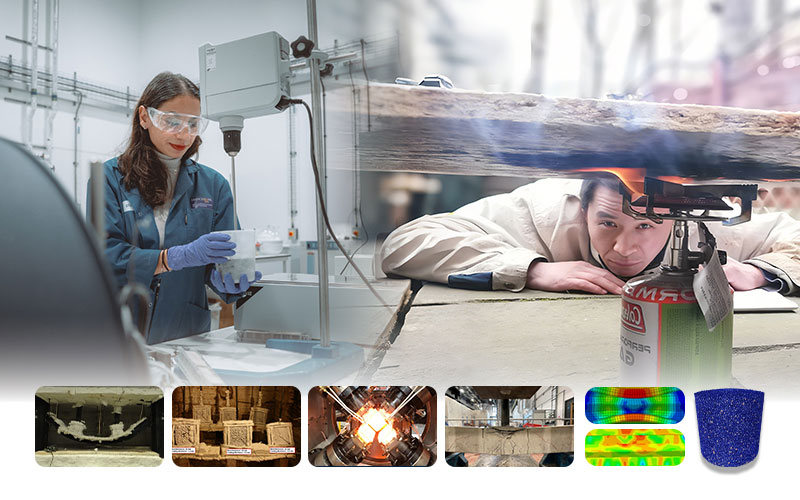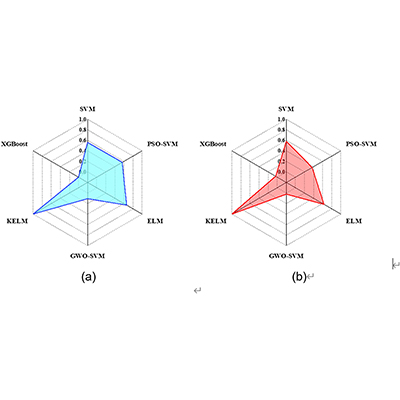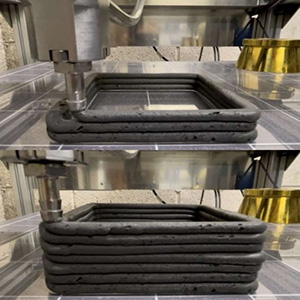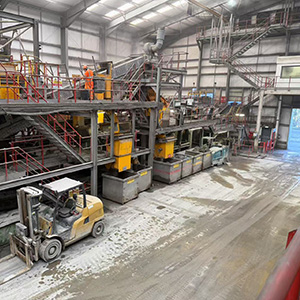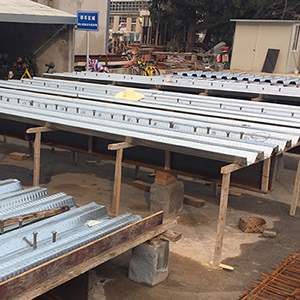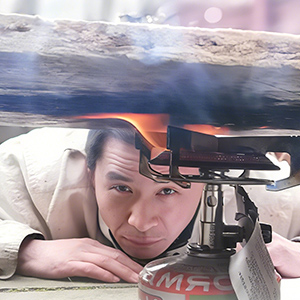International leaders of research on structures under extreme loads.
World-leading innovation in carbon-negative construction materials.
Full-scale application of graphene enhanced concrete underpinned by extensive research.
100+ partners across industry and government, both in the UK and internationally.
Transforming construction
We're advancing the future of construction through cutting-edge research into structural resistance under different life conditions, including fire and severe environmental exposure.
In close partnership with industry, we’re helping to drive positive transformation of the construction industry – enhancing safety, sustainability, and global competitiveness.
Our researchers are developing novel, low-carbon construction materials by harnessing industrial by-products and waste, using advanced technologies and digital transformation to deliver resilient, sustainable structures.
We collaborate with leading UK and global institutions to ensure the world’s limited resources are used wisely, addressing critical challenges in construction and beyond.
Our mission is rooted in purpose: to engineer a resilient, low-carbon future by transforming construction materials and structures from a climate problem into a climate solution. This is about more than science, with a main focus on safeguarding society and the planet.
Yong Wang - Group Lead and Professor of Structural Engineering
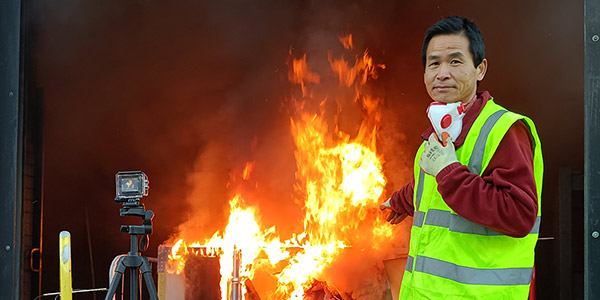
Research
Our areas of research
Study with us
Explore master's degrees
Design the next generation of the built environment with a programme focused on equipping you to build resilient structures for a rapidly evolving world.
Discover MSc Structural Engineering
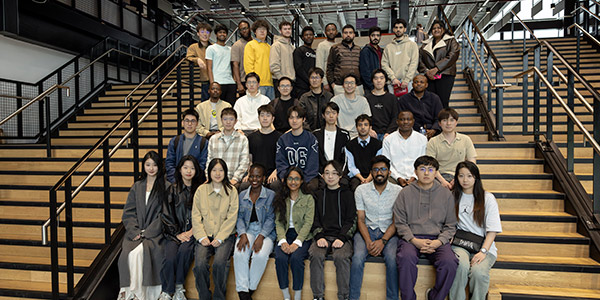
Search for a postgraduate research project
Please use our Find a PhD search to find projects related to structural safety and resilience.
Examples of previous PhD projects include:
- Development of carbon-neutral construction products involving CO2 sequestration.
- Dual-functional graphene-modified fibre reinforced cementitious matrix (FRCM) for simultaneous corrosion protection and structural strengthening.
- Green recycling and remanufacturing of carbon fibre composites for a circular economy.
- Machine-learning based optimisation of concrete-filled tubular structures for offshore wind turbine columns.
- Sustainable production of cement from locally available waste materials.
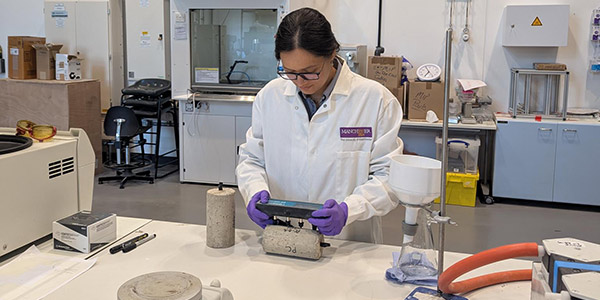
Connect with us
Our people
- Mithila Achintha - Senior Lecturer in Sustainable Infrastructure Materials
- Rwayda Al Hamd - Dame Kathleen Ollerenshaw Fellow
- Lee Cunningham - Reader in Structural Engineering
- Martin Simmons - Senior Lecturer in Engineering
- Meini Su - Reader in Structural Engineering
- Cise Unluer - Chair in Net Zero
- Fangying Wang - Senior Lecturer in Earthquake/Structural Engineering
- Yong Wang - Professor of Structural Engineering
- Jack Wu - Lecturer in Structural Engineering
Get in touch
General enquires
Find out more about our research, facilities or how you can work with us by getting in touch with the structural safety and resilience team.

